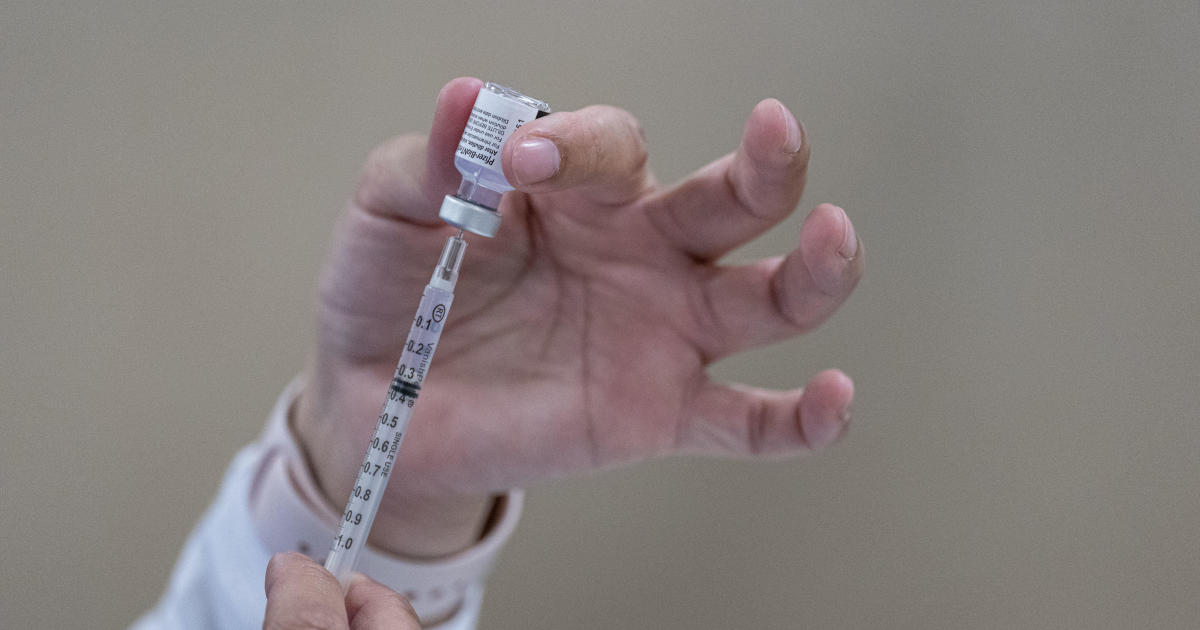Pfizer and BioNTech claim that the first U.S. participants received injections in a large-scale clinical trial to assess the safety and effectiveness of their COVID-19 vaccine for pregnant women. The companies plan to enroll around 4,000 pregnant women in the trial worldwide.
“Now that we are seeing a successful initial implementation of BNT162b2 vaccine campaigns [the Pfizer-BioNTech vaccine] worldwide, it is time to take the next step and extend our clinical program to other vulnerable populations, such as pregnant women, to potentially protect them and future generations, “said BioNTech’s medical director, Dr. Özlem Türeci, in communicated on Thursday.
The companies estimate that this test will be completed in January 2023. Modern, the maker of the only other vaccine COVID-19 to receive emergency use authorization so far in the United States, has launched a registry to track pregnant women who have received the injection.
Pfizer and BioNTech said they also plan to start new studies in younger children in the coming months, and recently launched tests on teenagers. The research is also planned to assess doses in people with compromised immune systems.
The announcement came a week after leading scientists from the National Institutes of Health asked developers of the COVID-19 vaccine to intensify their research on pregnant women, who face a higher risk of serious illnesses caused by the virus and are frustrated by the lack of information. about vaccination.
“Pregnant and lactating people should not be protected from participating in research, but protected through research,” said the federal researchers in an article published by the Journal of the American Medical Association.
“Assumptions must be removed when it comes to vaccination decisions for this important population,” they wrote.
Pregnant women were excluded from the original trials of COVID-19 injections by Moderna and Pfizer, a common practice in such studies. Although the Food and Drug Administration has encouraged vaccine developers to include pregnant women, the regulator has also demanded that they first complete additional research to check for possible warning signs.
Pfizer and BioNTech say their research found “no evidence of toxicity to fertility or reproduction in animals” tested with the vaccine.
Some participants in the Moderna and Pfizer tests in the United States ended up getting pregnant and no vaccine-related problems were reported.
After analyzing data from these trials, the American College of Obstetricians and Gynecologists concluded in December that injections “should not be denied to pregnant women”. The Centers for Disease Control and Prevention say the technology used to create mRNA vaccines like that of Pfizer and Moderna is “unlikely to pose a specific risk to pregnant women”.
Both groups recommend that pregnant women consult their doctors if they have questions about how to do the injection. The limited data has led some pregnant women to express hesitation about the possibility of receiving the vaccine.
However, without the vaccine, research suggests that pregnant women are at increased risk of hospitalization and death from COVID-19. A study published in January found a COVID-19 death rate among pregnant women 13 times higher than other patients of similar age.
“Here is an important group that is typically highly vulnerable to influenza infections and has nevertheless been excluded from COVID-19 vaccine testing,” said Dr. Kristina Adams Waldorf, senior author of the University of Washington study, in a press release detailing their research.
“Pregnant patients should have had the option of enrolling in vaccine tests so that we could better understand the risks and benefits of the vaccine for them.”
But even before the new data arrives, many doctors say the benefits of vaccines are already clear.
“I strongly recommend that all pregnant women be immunized, from the initial discovery of the pregnancy to the term,” said Dr. Bob Lahita, professor of medicine at New York Medical College and chairman of the board of medicine at St. Joseph University Hospital in an interview with CBSN last week. He said “there is no evidence” that the vaccine “has any effect on the placenta, the fetus, the mother. Unless someone gets the infection, COVID, and you are pregnant, you are at risk of becoming very, very sick. “
